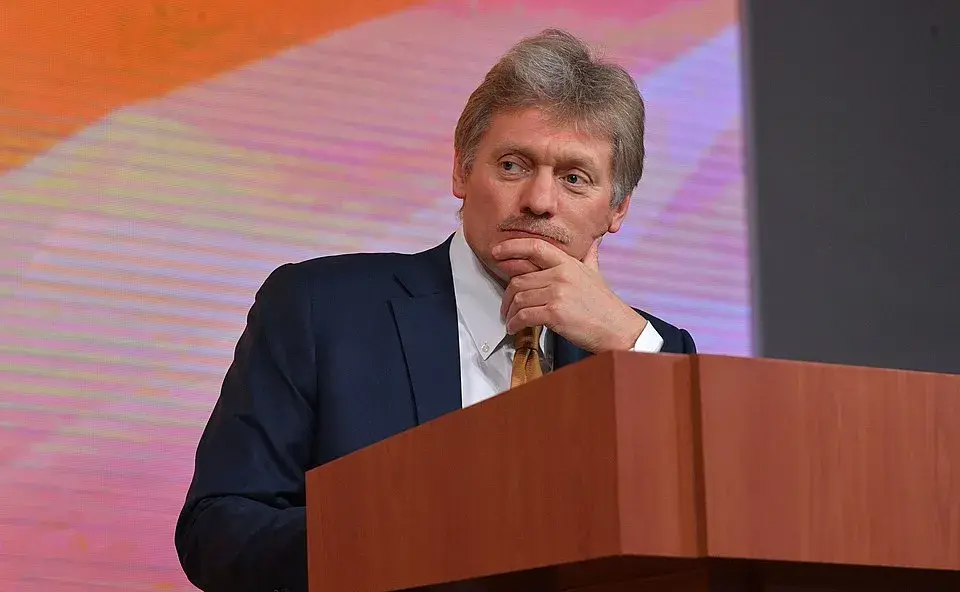The plan seeks to modernize 500 critical infrastructure points—such as bridges, ports, and tunnels—to expedite military transit within the bloc.

BRUSSELS — The European Union presented a new defense package on Wednesday aimed at facilitating the rapid deployment of tanks and troops across the bloc’s internal borders, in response to growing security fears over potential Russian aggression.
The initiative allocates 17.65 billion euros (approximately $20.4 billion) to optimize 500 critical infrastructure points, including bridges, ports, and tunnels, located between Poland and Portugal, which currently represent logistical bottlenecks.
EU foreign policy chief Kaja Kallas underscored the importance of reinforcing defense investment to avoid direct conflict. “Weakness invites them to act,” she declared, referring to the Russian government. Kallas emphasized that greater preparedness and defensive capabilities within the EU can act as a deterrent: “If the EU increases its defensive capabilities and its preparedness, then Russia will not attack because we are not weak.”
European Commission President Ursula von der Leyen celebrated the approval of the package, stating on social media: “Resilient infrastructure. Joint action. Safer Europe. Today’s Military Mobility Package will strengthen Europe’s preparedness and its ability to act quickly in crises.”
The military mobility package includes measures to ensure armed forces have priority access to key infrastructure such as airports, roads, and railways during emergencies. It also provides for regulatory relief for military personnel and defense companies in areas like the transport of dangerous goods, aiming to accelerate movements and reduce bureaucratic hurdles.
In recent months, the bloc has recorded drone incursions allegedly linked to Russia, heightening concerns about possible hostilities. EU Defense Commissioner Andrius Kubilius cited European intelligence reports suggesting Moscow could attack the EU within the next three to four years or test the validity of NATO’s Article 5.
Among the challenges to the European strategy, Kubilius pointed to the lack of interoperability in transport systems, such as ports and rail networks, due to differences in protocols and track gauges, hindering the movement of military equipment to the eastern flank bordering Russia, Belarus, and Ukraine.
Kubilius stated that the future goal is to forge a “military Schengen,” referencing Europe’s passport-free travel zone. “This is how we convert industrial strength into operational readiness, and ensure that Europe can act as one, with the speed and coordination that our security needs require,” he declared.
To streamline deployments, each EU nation will designate a representative to the Military Mobility Transport Group, which will manage troop movements in peacetime, emergencies, or conflicts.
In addition to the mobility package, the European Commission presented a Roadmap for the Transformation of the Defense Industry, aimed at simplifying sector regulation and channeling investments toward the production of weapons, vehicles, satellites, and ammunition on European soil.
The strategy accompanies the “Readiness 2030” plan, focused on the threat of Russian aggression, and estimates that European defense spending will reach 392 billion euros ($457 billion) this year, nearly double the figure from four years ago. According to Commission projections, the bloc will invest some 3.4 trillion euros ($4 trillion) in defense over the next decade.
Keep Independent Journalism Alive
In a world flooded with noise, independent journalism is more vital than ever. We work hard to bring you clear, accurate, and unbiased international news — free from corporate or political influence.If you believe in the power of honest reporting, please consider making a donation. Every contribution, big or small, helps us stay independent and keep the world informed.
Support us via PayPalYour support makes a difference.


